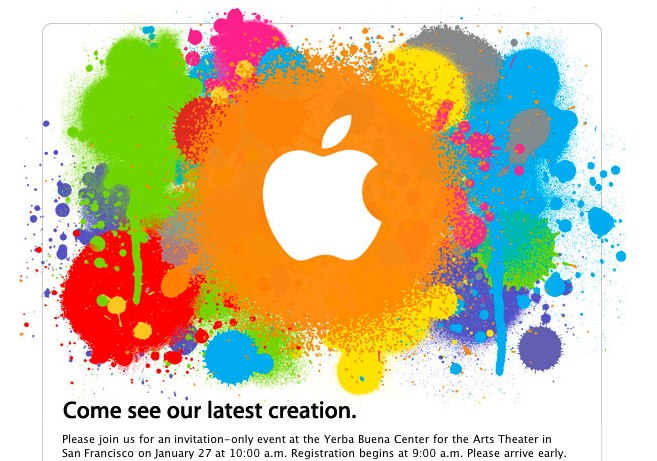Amazon gives publishers a bigger royalty cut for Kindle; Apple Tablet defense?

Amazon on Wednesday outlined a new royalty option for its Kindle platform where authors and publishers can get 70 percent of list price net of delivery costs. There are a few catches in the royalty package, but Amazon appears to be throwing authors and publishers and e-book bone in an effort to keep prices down.
The goal: Amazon is getting a jump on any looming Kindle threat from Apple and a bevy of other companies entering the e-reader race.
The company said that the 70 percent royalty option is in addition to the existing program for the Kindle Digital Text Platform (DTP). The latest royalty option will be available June 30.

Simply put, it makes a lot of sense for Amazon to throw authors and publishers a bone while the likes of Harper Collins, which the Wall Street Journal reported is talking to Apple, and others hang out with Steve Jobs & Co.
Also: All Apple Tablet coverage
Amazon outlined its latest deal for publishers this way:
Delivery costs will be based on file size and pricing will be $0.15/MB. At today's median DTP file size of 368KB, delivery costs would be less than $0.06 per unit sold. This new program can thus enable authors and publishers to make more money on every sale. For example, on an $8.99 book an author would make $3.15 with the standard option, and $6.25 with the new 70 percent option.
According to Amazon, authors get 7 percent to 15 percent of the list price for physical books and 25 percent of net for digital books. Obviously, the 70 percent royalty looks like a good deal, but there are a few catches.
The biggest issue is the author or publisher list price has to be between $2.99 to $9.99 and be 20 percent below the lowest physical book price. Meanwhile, the title needs to have the broad set of Kindle features such as text-to-speech.
In a nutshell, Amazon is dangling this royalty carrot to keep e-book prices down and make sure it can offer more features.
Needless to say, Apple may dangle its own royalty plan next week and rest assured its tablet gizmo will bring out a few new features.
Add it up and Amazon's royalty program is a mix of offense and defense. The Kindle has a huge bullseye on its back. At CES, there were a bevy of e-readers launched---perhaps too many---but Apple's tablet could be the big worry.
Also see: CES 2010: Top 10 new e-book readers·
In a research note, Susquehanna Financial Group analyst Marianne Wolk wrote:
At CES 2010 we met with more than a dozen eBook retailers and OEMs. The market is expected to explode this year, with an estimated 10 million eReaders shipping in 2010 compared to <4 million shipped in 2009. While Amazon is currently the leader with ~40% global market share and ~1.6 mln Kindles shipped in 2009, these retailers with whom we met are looking to unseat the Kindle from its perch on top – or at least to gain a piece of the global market. We see the device market evolving in two directions: a mass market for mainstream readers and niche markets for education and business readers. We believe content availability will be a key driver determining the winners in the eBook market; while standards are emerging, DRM issues have not been solved entirely and publishers continue to look for ways to maintain pricing power in a digital media world. A wild card for the eReader device market is the rumored Apple tablet, as it may be a substitute for a separate eReader (although no details are currently available regarding the company’s strategy for books).